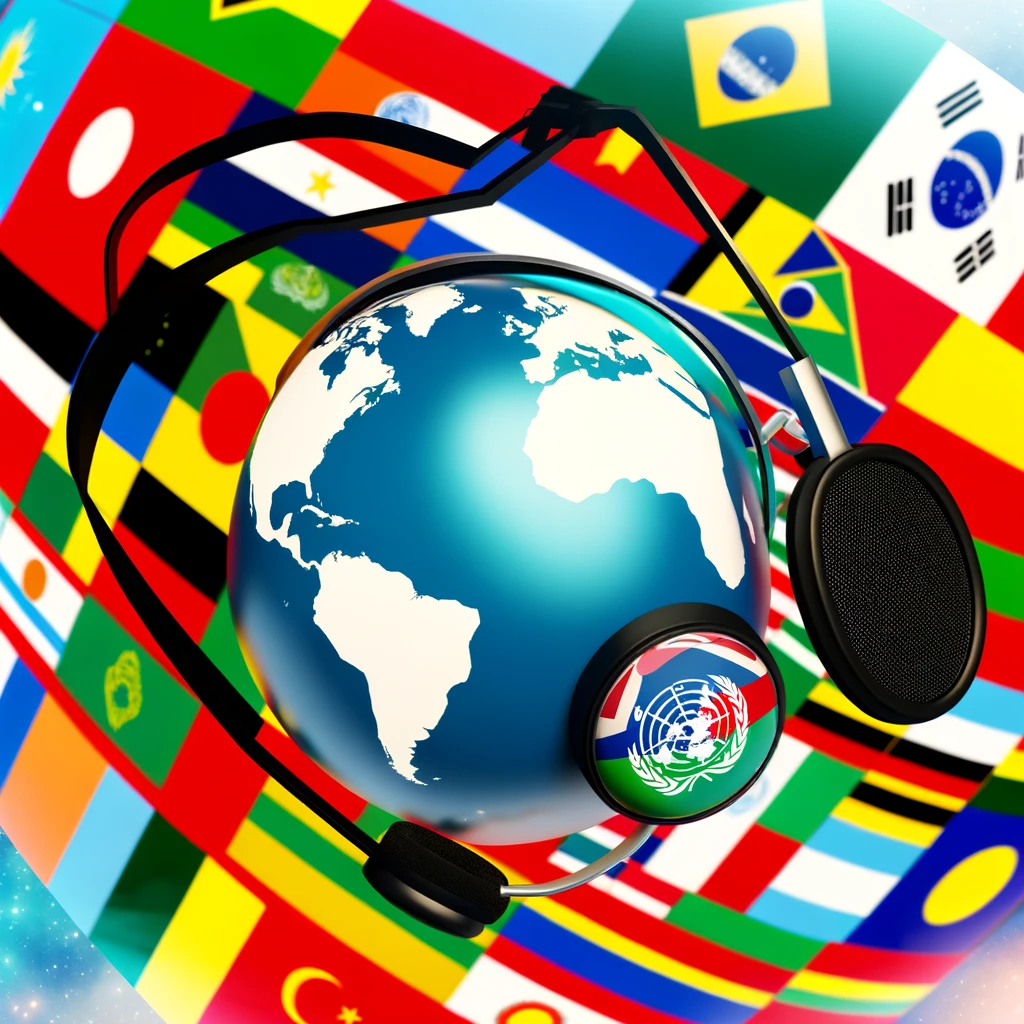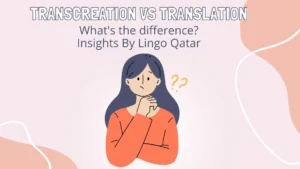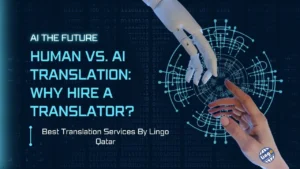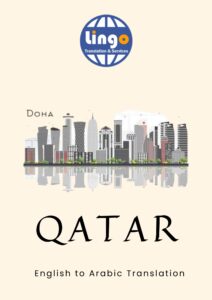Translation at the United Nations as Specialized Translation
Introduction
In the complex tapestry of global diplomacy, communication stands as the cornerstone of understanding, collaboration, and peacekeeping. The United Nations (UN), an international body composed of 193 member states, epitomizes this principle through its extensive use of translation services. Translation at the UN is not just about converting words from one language to another; it’s a form of specialized translation that requires a deep understanding of legal, technical, cultural, and diplomatic nuances. This post explores the intricacies of translation within the UN, emphasizing its role in facilitating international dialogue and cooperation.
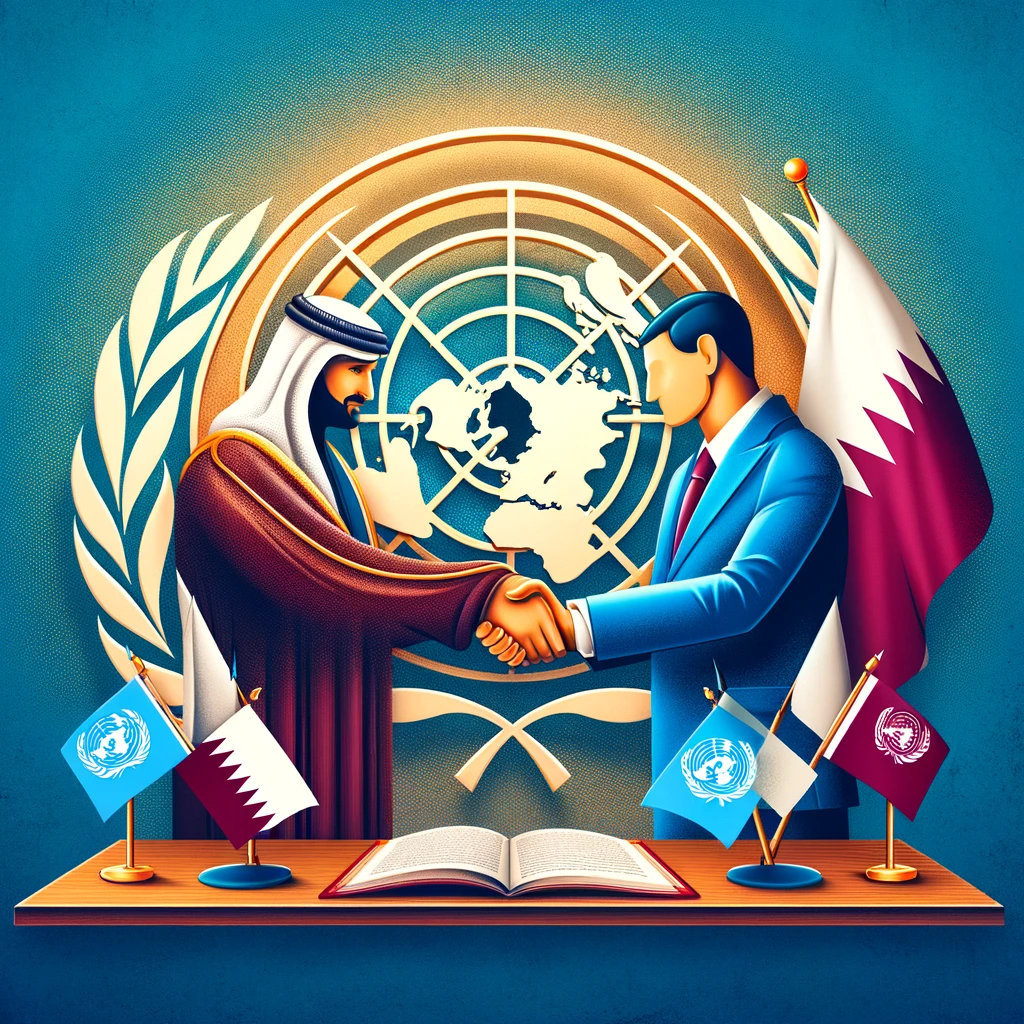
The Essence of Specialized Translation at the UN
Specialized translation goes beyond mere linguistic conversion. It involves adapting complex texts for specific fields, ensuring accuracy, consistency, and the preservation of original meaning across languages. At the UN, specialized translation is pivotal in disseminating information across diverse legal systems, cultures, and technical standards.
The Role of Human Translation
Despite advances in machine translation technologies, human translation remains irreplaceable at the UN. Human translators bring an understanding of context, cultural subtleties, and the ability to interpret idiomatic expressions that machines cannot replicate. This human touch ensures that translations are not only accurate but also resonate with the intended audience’s cultural and social norms.
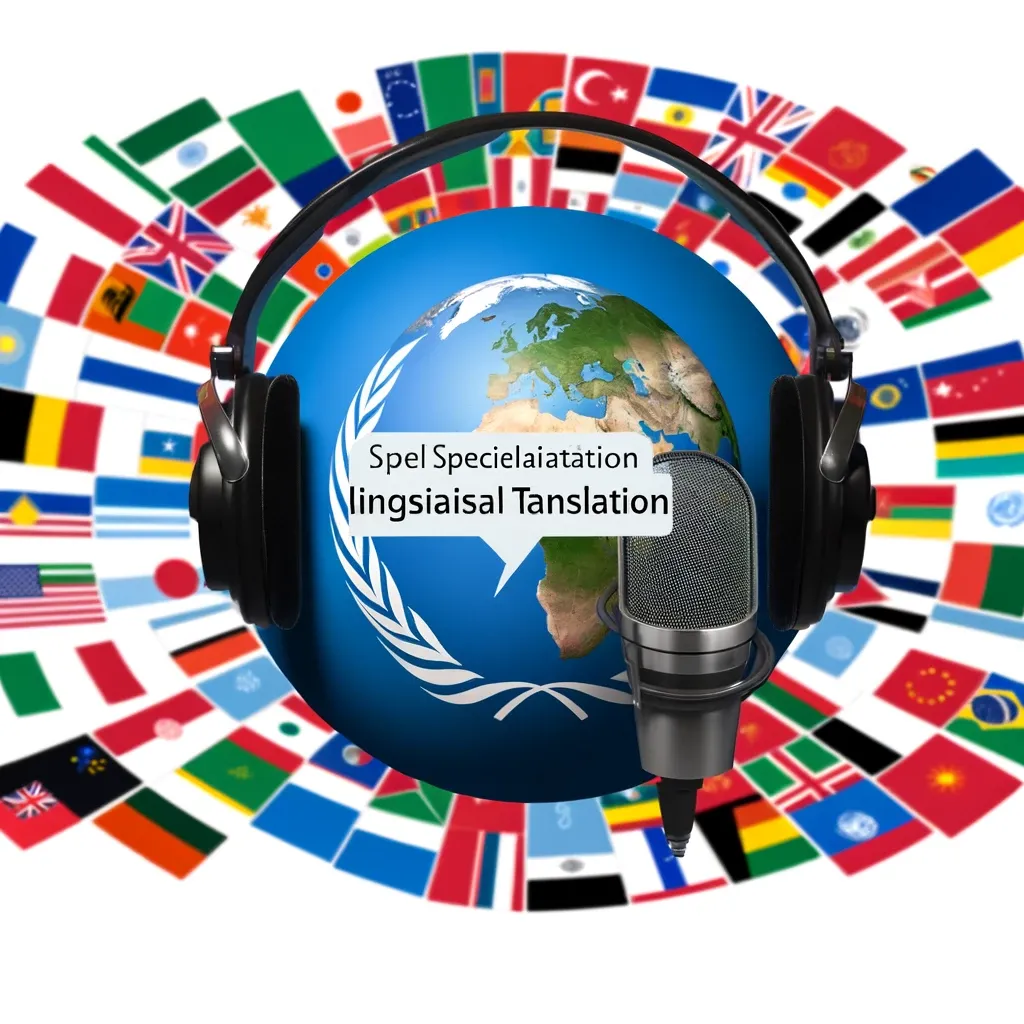
Translation in Action: Qatar’s Contributions
Qatar, as a member state, exemplifies the critical role of translation in the UN’s operations. By providing financial and logistical support for translation services, Qatar enhances the accessibility of UN documents and proceedings for Arabic-speaking members and beyond. This support underscores the importance of translation in promoting inclusivity and understanding among the international community.
Challenges and Opportunities
The task of translating at the UN presents unique challenges. Translators must navigate the delicate balance between precision and readability, often within tight deadlines. Moreover, the evolving nature of international relations and global issues demands continuous learning and adaptation from translators.
However, these challenges also present opportunities for innovation in translation practices. The UN’s translation services are at the forefront of adopting new technologies and methodologies to improve efficiency and accuracy. For example, the integration of translation memory systems helps in maintaining consistency across vast volumes of documents.
Conclusion
Translation at the United Nations is a specialized field that plays a crucial role in bridging linguistic and cultural divides among its member states. Through the meticulous work of human translators, supported by advances in technology, the UN continues to facilitate dialogue, understanding, and cooperation on a global scale. As the world becomes increasingly interconnected, the demand for specialized translation services at the UN is set to grow, highlighting the enduring importance of translation in fostering international relations and understanding.

